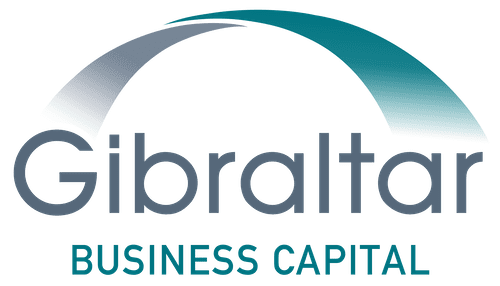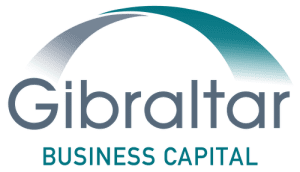The quarterly survey of senior loan officers conducted by the Federal Reserve in late June is very revealing. Even as the Fed has been urging lenders to get money to businesses that have been affected by the pandemic, banks are tightening their lending standards. Tougher credit requirements put more pressure on companies already facing financial challenges from widespread coronavirus-related shutdowns and slowdowns.
Tougher Standards Limit Availability of Bank Loans
The Fed’s recent survey showed that banks are tightening standards for business loans, along with many other lending products. The tightening of loan standards is affecting deals with large, middle-market, and small companies.
A significant number of the U.S. banks surveyed said they had increased their use of interest-rate floors, collateralization requirements, loan covenants, financial premiums on riskier loans, and loan spreads that exceed the bank’s cost of funds.
“Banks that reported reasons for tightening lending standards or terms cited a less favorable or more uncertain economic outlook, worsening of industry-specific problems, and reduced tolerance for risk as important reasons for doing so,” reported the Fed. Banks also pointed to deterioration in their capital positions, less aggressive competition, and decreased liquidity in the secondary loan market. They cited worries over increased regulatory burdens, even after the Fed encouraged regulators to give banks some leeway in extending credit to customers in need.
Alternative Financing Solutions: Asset Based Lending Remains Accessible
According to the Fed report, the demand for bank business loans has fallen. There are a range of reasons, including a slowdown in investments in plant and equipment and in mergers and acquisitions. However, for companies experiencing pandemic related issues, financing can be critical to survival. The tightening in bank standards is occurring at just the wrong time for them.
Traditional bank loans are based predominantly on the stability of a company’s cash flow ratios, which can be difficult to maintain in volatile economic conditions. When cash flow is a company’s challenge, asset-based lending may be a good funding alternative, especially for companies that have valuable accounts receivable, inventory, and machinery and equipment. Because the focus is on assets rather than performance ratios, asset-based lenders have more leeway in how much liquidity they can provide and how flexible they can be when a company’s situation changes.
Lender Experience Counts
While bankers have very standardized options, alternative lenders can work with companies to develop individualized plans. In a difficult period, such as this, your company needs an alternative lender who is experienced supporting the needs of businesses in transition. Since 2010, Gibraltar has supported more than 200 borrowers with over $500 million in funding commitments. We’ve worked to make Gibraltar an understanding and supportive partner in all the challenging situations our clients experience, including the 2020 pandemic.
We are proud of the accomplishments of our team members during this pandemic, overcoming the work challenges they have also faced to support companies like Bentek and Easy Gardener with timely and creative solutions.


